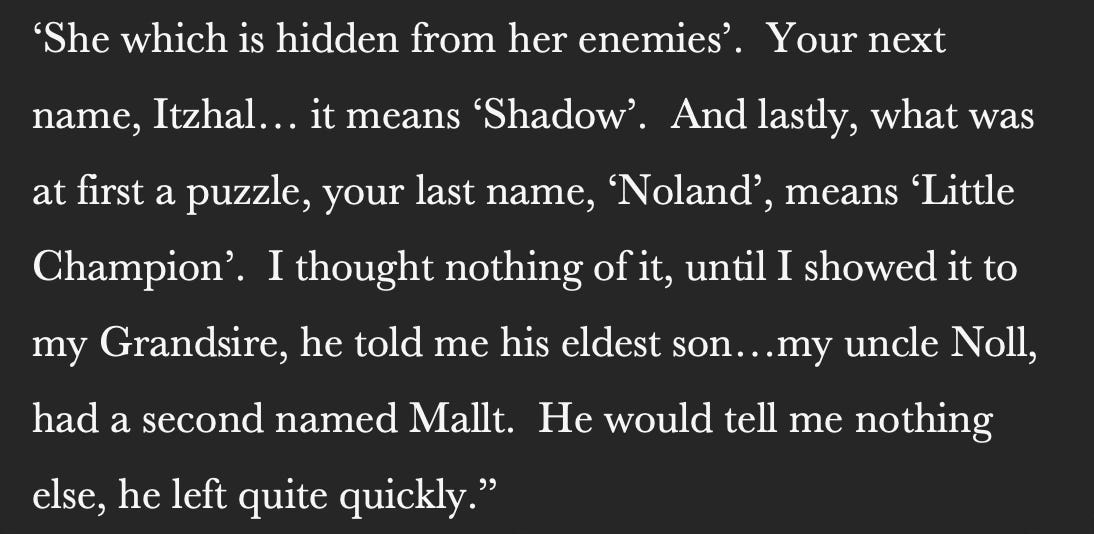When it comes to writing about Fantastical Characters, do you stick to the script of what has come before in that genre as a Purist, or do you break new ground as a Futurist, giving new powers, traits and abilities to those characters?
Some readers prefer you just stick to what has been written about a creature of myth, folklore or imagination. They don’t like surprises, they think a Vampire, is a Vampire, is a Vampire. Other readers like some new fact, but it has to be in the realm of “Could they really do that and still be considered a Vampire?”
I’m not a Purist, by any means! When I write about Fantastical Characters, I always break new ground. Just as things not thought possible even 100 years ago are commonplace today, I like hidden talents and abilities that if written correctly become not only believable, but part of new lore attached to those characters.
I often start with names as an indication of what a character is possible of. I had to think of a way to name characters in one series, so I began searching through mythology for some character who had done something similar. I’m sure if you’ve read enough mythology, it would bring someone to mind. The character I made (Cold Mist, an ancient woman whose origin is obscured) is able to see the true essence of a character, hidden abilities passed on through their bloodline and how their name may tie into something that happens to them in the future.
As far as names go, there are all kinds of searches that you can make that give you names and their definitions. Search across cultures, based on the makeup of your characters and don’t be afraid to mix cultures within your stories. Give readers a trail they have to investigate, blending the truth of a name with the fantasy attached to it. I have a character research a name that is important to a closing scene of a fight, in that the character knows part of what their name can do, and has to draw on that ability without fully understanding it. Instinct often kicks in with such characters when there isn’t a clear path they can take.
You may have to dig deep, looking at secondary characters or those who are many times supporting cast for well known characters of Mythology and Fantasy. Do the homework so your names fit your characters, plot and what abilities you want to shine through in your work. This is how I came up with a name, based on what I wanted the character to do in at the ending fight of the story. The name becomes clear with that scene.
Take your time, explain your logic and ignite your readers imagination to go back and read up on characters you give JUST enough information on to make them a puzzle. All my best on your character and world building, being a Purist is good, but being innovative, forward thinking and willing to break genre stereotypes makes for much better reading by those who are willing to learn something new through your work.
















Share this post